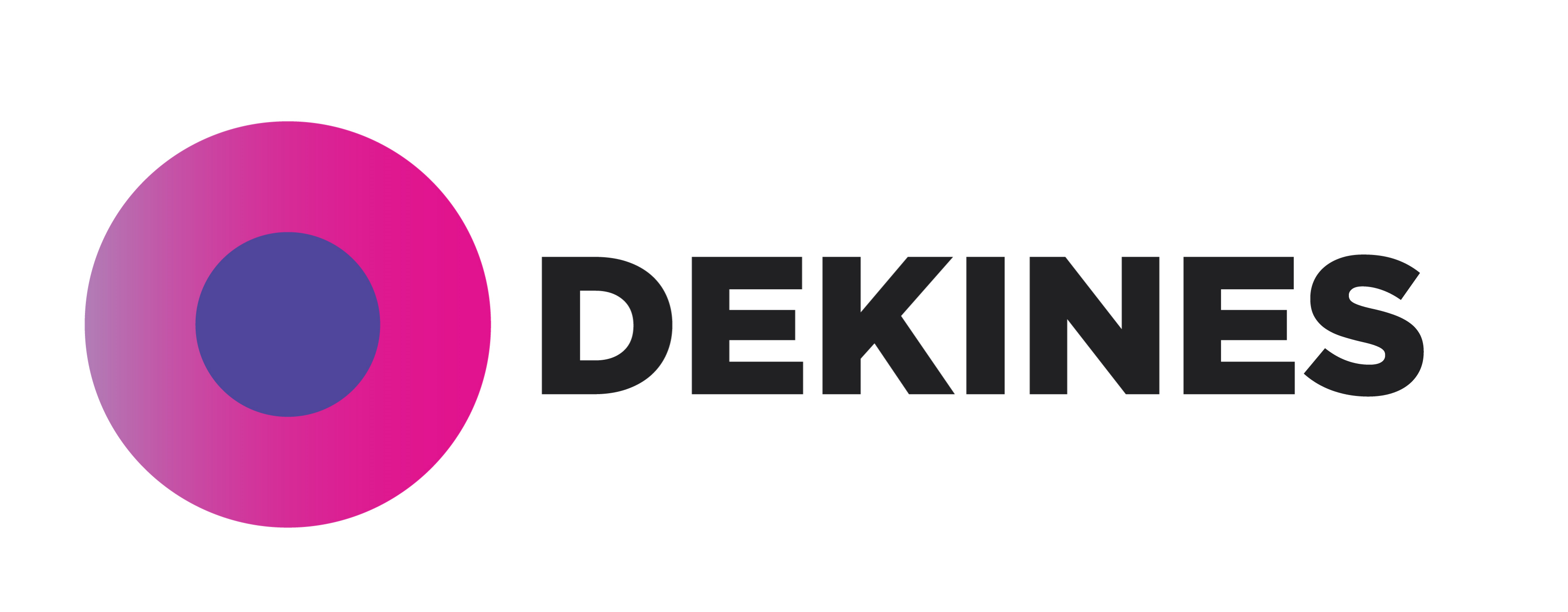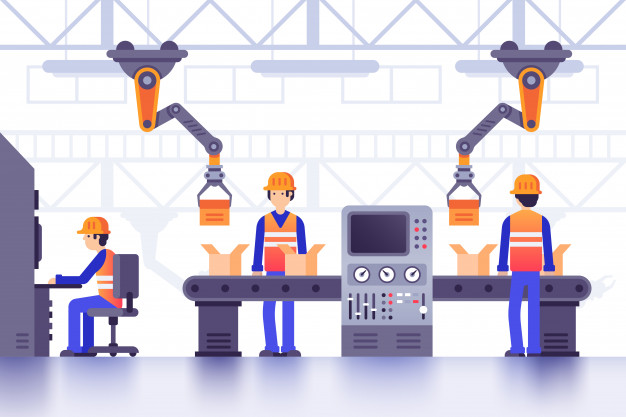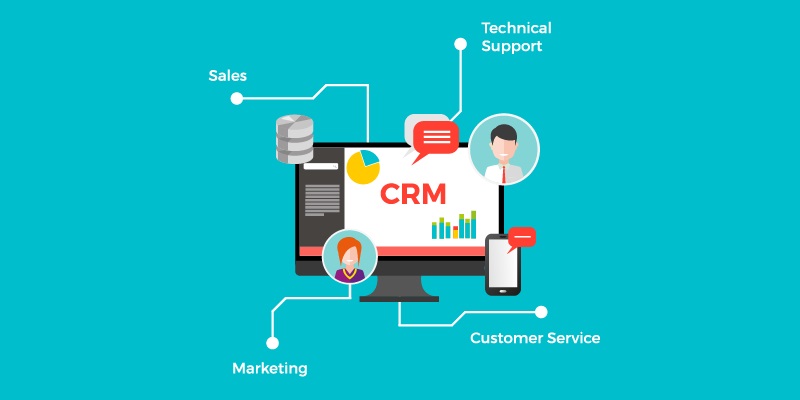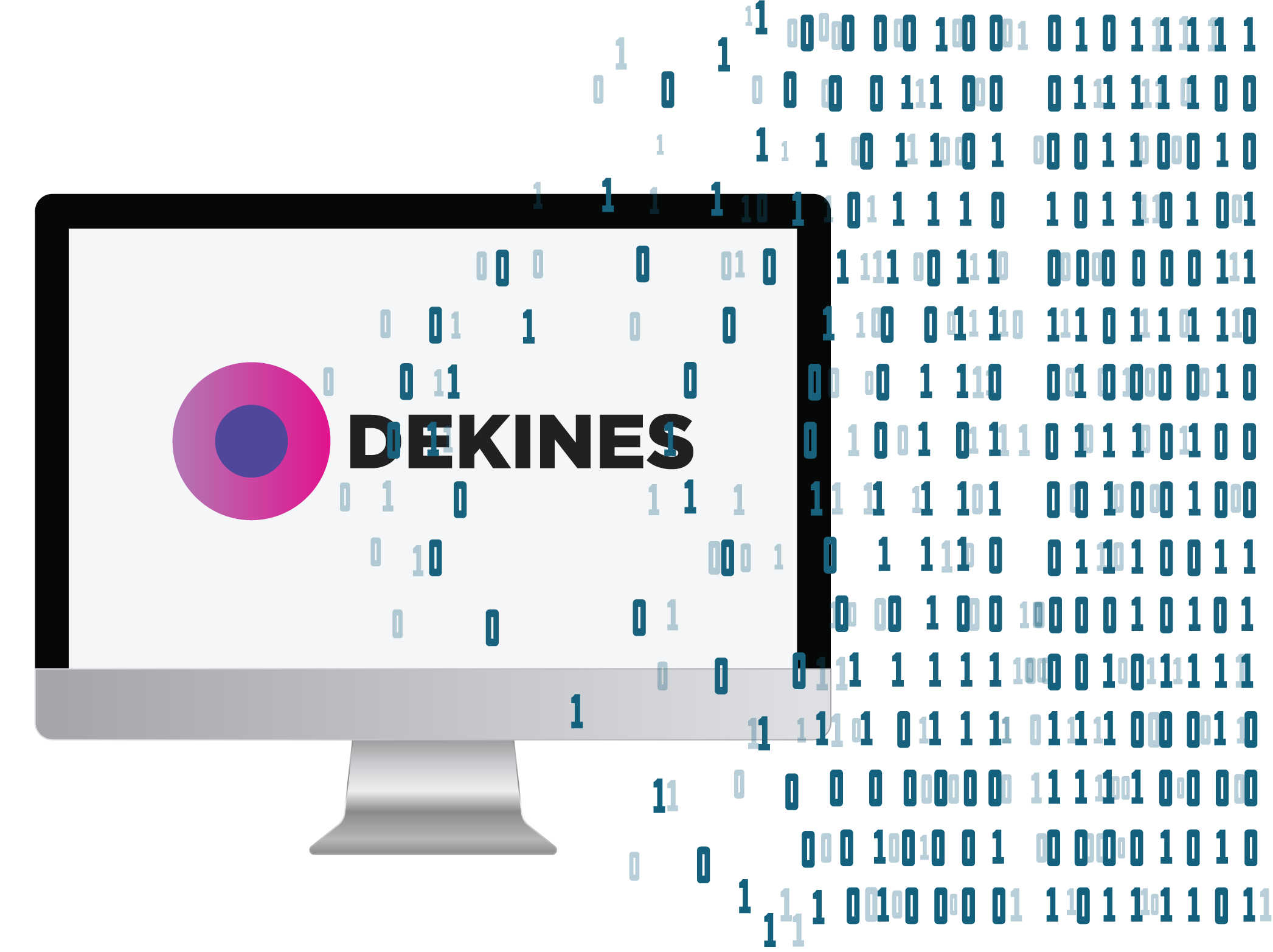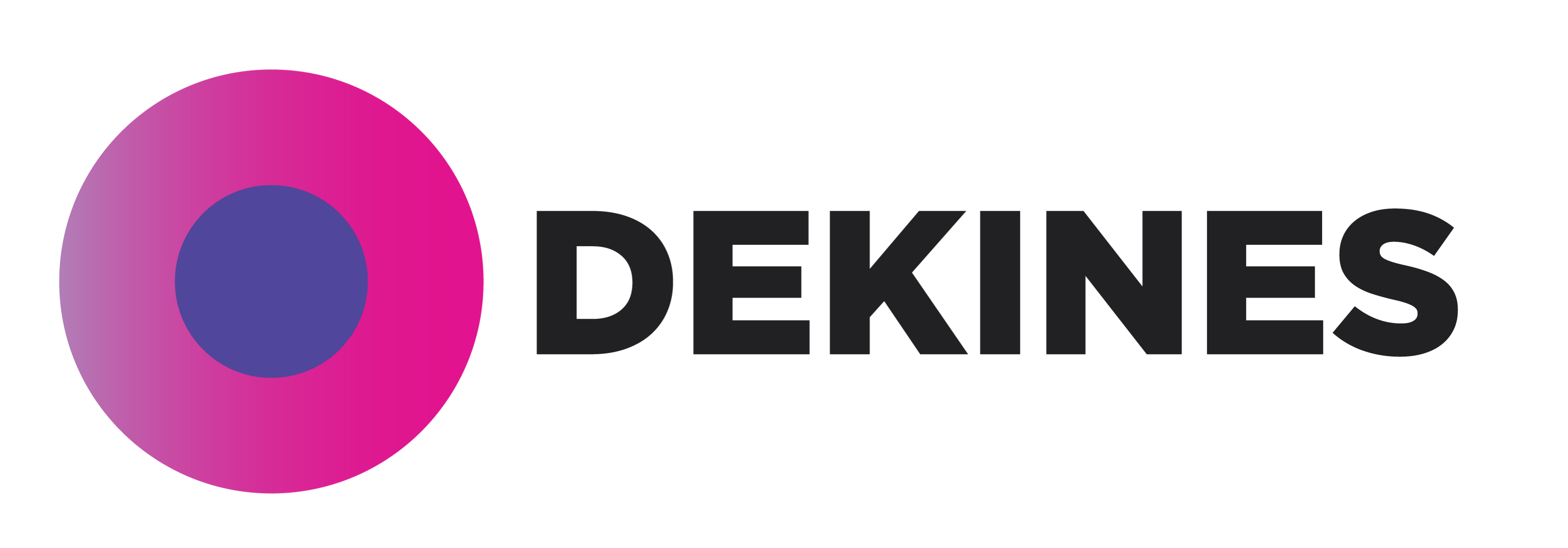
SHOPPING on your Dkines Platform
26 February, 2021
Controls the Inventory in Dkines
26 February, 2021Manufacturing ERP software is key to many manufacturing companies. They allow the management of factory processes (planning, production, distribution, storage, services …) associated with accounting, which means: first, a great saving of time and resources; and, in addition, they facilitate the exhaustive control of the entire manufacturing process to optimize the performance of your business to the maximum.
What is ERP software?
The acronym ERP (Enterprise Resource Planning) refers to enterprise resource planning. It is a software that unifies your business information and allows you to manage all operational processes. Among the basic operations it manages are: accounting, inventory, production, logistics …
The ERP concept applies to all types of business. But, specifically, what characteristics are considered when implementing a manufacturing ERP?
A manufacturing ERP must have additional features to a traditional ERP. In the manufacturing sector, the agility in obtaining information is critical to be able to act on time on the manufacturing process. The traceability of the entire process, from the obtaining of raw material, is key to optimizing all available resources to the maximum and automating quality control.
When working with independent planning systems, data collection and collection are complicated, as reports are often sparse. When information is not connected, business decisions are complicated due to the lack of communication between the different blocks. Thanks to a manufacturing software, a global control of the entire process is achieved, allowing to adjust production to demand and, in the medium / long term, to significantly increase both quality and profitability.
When do you need manufacturing software?
If you need to know the status of your inventory
If you need to improve the acquisition, administration and sales processes
If you need to meet production demand within the established times
If you need to obtain complete traceability of your manufacturing process
If you need to be able to measure and detect the points of the process with improvement capacity
If you need to have access in real time to the details of the process
If you need unified information, in the same database
